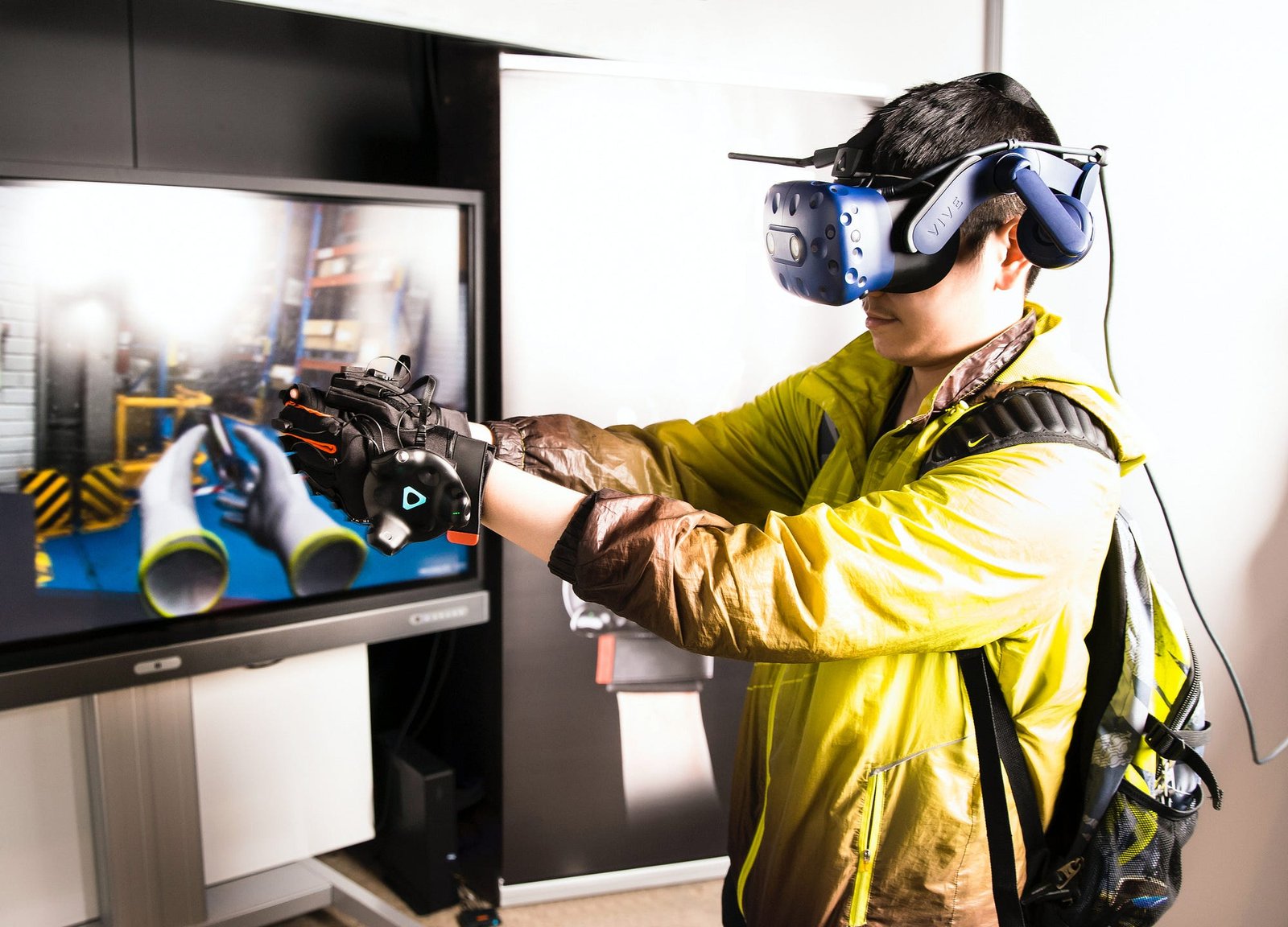Introduction
Virtual Reality (VR) has quickly emerged as one of the most exciting and transformative technologies of our time. With its ability to transport users into immersive digital worlds, VR is revolutionizing various industries, from gaming and entertainment to education and healthcare. In this blog post, we will explore the latest advancements in VR technology and its impact on our computing experiences.
What is Virtual Reality?
Virtual Reality refers to a simulated experience that can be similar to or completely different from the real world. By using a combination of computer-generated visuals, sounds, and sometimes even haptic feedback, VR technology creates a convincing and interactive virtual environment that users can explore and engage with.
Advancements in VR Technology
Over the years, VR technology has evolved significantly, leading to more immersive and realistic experiences. One of the key advancements is the development of high-resolution displays, which enhance the visual quality and reduce the screen-door effect, making the virtual world appear more lifelike. Additionally, improvements in tracking technology, such as inside-out tracking and full-body tracking, enable users to move freely within the virtual space, further enhancing the sense of presence.
Another major advancement in VR technology is the introduction of standalone headsets. Unlike traditional VR systems that require a powerful computer, standalone headsets are self-contained devices that do not rely on external hardware. This makes VR more accessible and portable, allowing users to experience virtual reality anywhere, anytime.
Applications of Virtual Reality
Virtual Reality has a wide range of applications across various industries. In the gaming industry, VR provides a more immersive and interactive gaming experience, allowing players to step into the virtual world and physically interact with the game environment. This has opened up new possibilities for game developers to create unique and engaging gameplay experiences.
Beyond gaming, VR is also making a significant impact in fields such as education and training. Virtual reality simulations enable students and professionals to practice real-life scenarios in a safe and controlled environment. For example, medical students can perform virtual surgeries, and pilots can undergo flight simulations to enhance their skills and knowledge.
Moreover, VR has the potential to revolutionize the way we consume entertainment. With virtual reality, users can attend live concerts, visit museums, or even travel to distant locations without leaving their homes. This opens up new avenues for experiencing cultural events and exploring the world, especially for those who may have physical limitations or travel restrictions.
The Future of Virtual Reality
As VR technology continues to advance, we can expect even more exciting developments in the future. One area of focus is improving the sense of touch and interaction in virtual environments. Haptic feedback technology, such as gloves or suits that provide tactile sensations, can enhance the realism and immersion of VR experiences.
Another area of interest is the integration of VR with other emerging technologies, such as artificial intelligence and augmented reality. By combining these technologies, we can create even more interactive and intelligent virtual worlds, where virtual objects can respond to users’ actions and environments can dynamically adapt to their preferences.
Conclusion
Virtual Reality is revolutionizing the way we interact with computers and digital content. With its immersive experiences and wide-ranging applications, VR has the potential to transform various industries and enhance our daily lives. As technology continues to evolve, we can look forward to a future where virtual reality becomes an integral part of our computing experiences.




































